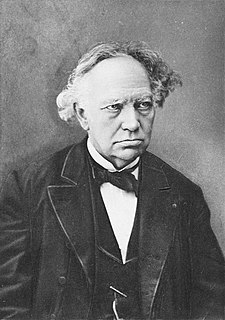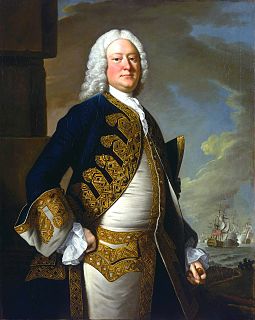A Quote by Simon Singh
What seems certain is that Pythagoras developed the idea of mathematical logic. He realized that numbers exist independently of the tangible world and therefore their study was untainted by inaccuracies of perception. This meant he could discover truths which were independent of opinion of prejudice and which were more absolute than any previous knowledge.
Related Quotes
We know next to nothing with any certainty about Pythagoras, except that he was not really called Pythagoras. The name by which he is known to us was probably a nickname bestowed by his followers. According to one source, it meant ‘He who spoke truth like an oracle’. Rather than entrust his mathematical and philosophical ideas to paper, Pythagoras is said to have expounded them before large crowds. The world’s most famous mathematician was also its first rhetorician.
Only in the 20th century, artists started taking the study of perception in a more humane way. They were thinking about the eye as being an instrument, the whole body as being a visual instrument. That sort of gave way a little bit with Cartesian - the "Cogito ergo sum" argument. It's not, "I think therefore I exist." It's, "I feel therefore I think therefore I exist."
Looking back at the worst times, it always seems that they were times in which there were people who believed with absolute faith and absolute dogmatism in something. And they were so serious in this matter that they insisted that the rest of the world agree with them. And then they would do things that were directly inconsistent with their own beliefs in order to maintain that what they said was true.
As records of courts and justice are admissible, it can easily be proved that powerful and malevolent magicians once existed and were a scourge to mankind. The evidence (including confession) upon which certain women were convicted of witchcraft and executed was without a flaw; it is still unimpeachable. The judges' decisions based on it were sound in logic and in law. Nothing in any existing court was ever more thoroughly proved than the charges of witchcraft and sorcery for which so many suffered death. If there were no witches, human testimony and human reason are alike destitute of value.
This is a world that is much more uncertain than the past. In the past we were certain, we were certain it was us versus the Russians in the past. We were certain, and therefore we had huge nuclear arsenals aimed at each other to keep the peace. That's what we were certain of... You see, even though it's an uncertain world, we're certain of some things. We're certain that even though the "evil empire" may have passed, evil still remains.
We feel certain that the extraterrestrial message is a mathematical code of some kind. Probably a number code. Mathematics is the one language we might conceivably have in common with other forms of intelligent life in the universe. As I understand it, there is no reality more independent of our perception and more true to itself than mathematical reality.
The Reader may here observe the Force of Numbers, which can be successfully applied, even to those things, which one would imagine are subject to no Rules. There are very few things which we know, which are not capable of being reduc'd to a Mathematical Reasoning, and when they cannot, it's a sign our Knowledge of them is very small and confus'd; and where a mathematical reasoning can be had, it's as great folly to make use of any other, as to grope for a thing in the dark when you have a Candle standing by you.
There were many words that you could not stand to hear and finally only the names of places had dignity. Certain numbers were the same way and certain dates and these with the names of the places were all you could say and have them mean anything. Abstract words such as glory, honor, courage, or hallow were obscene beside the concrete names of villages, the numbers of roads, the names of rivers, the numbers of regiments and the dates.
Know that for the human mind there are certain objects of perception which are within the scope of its nature and capacity; on the other hand, there are, amongst things which actually exist, certain objects which the mind can in no way and by no means grasp: the gates of perception are closed against it.
The conception that government should be guided by majority opinion makes sense only if that opinion is independent of government. The ideal of democracy rests on the belief that the view which will direct government emerges from an independent and spontaneous process. It requires, therefore, the existence of a large sphere independent of majority control in which the opinions of the individuals are formed.
This, therefore, is a law not found in books, but written on the fleshly tablets of the heart, which we have not learned from man, received or read, but which we have caught up from Nature herself, sucked in and imbibed; the knowledge of which we were not taught, but for which we were made; we received it not by education, but by intuition.



































